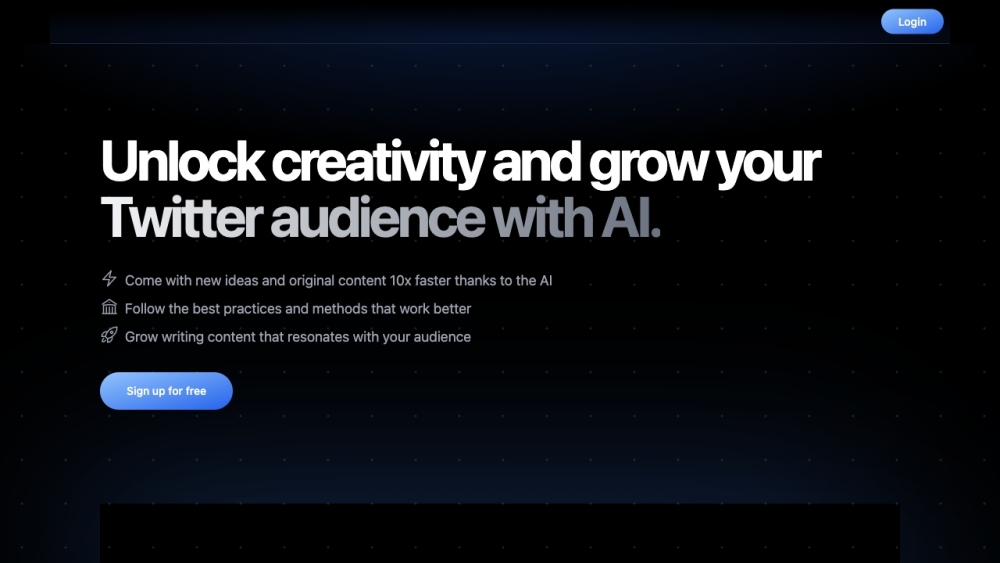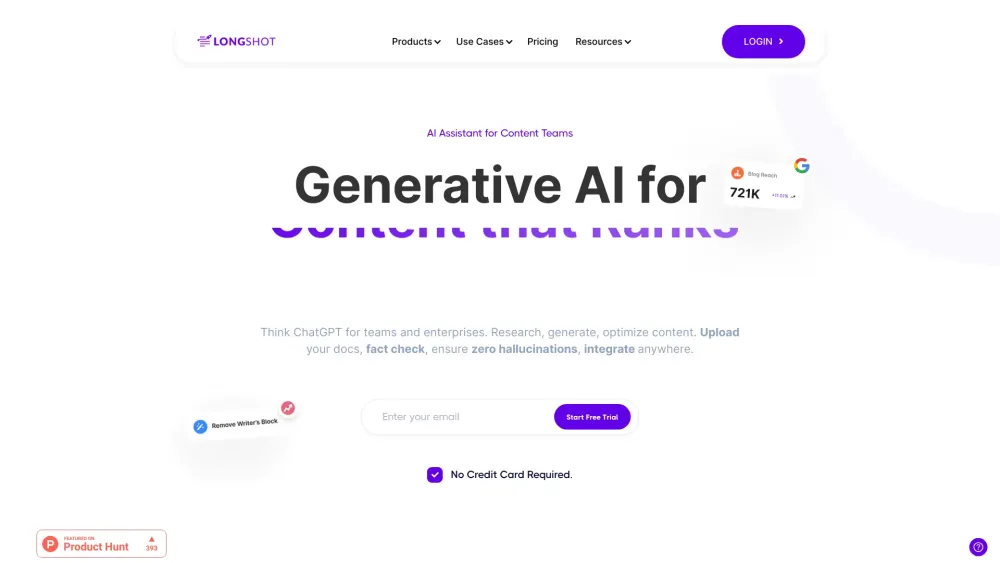At its highly anticipated annual developer conference, AWS has introduced an innovative AI chatbot designed to enhance the customer support experience for contact center agents. Named Amazon Q, this intelligent chatbot provides real-time recommendations for responses and actions as agents interact with customers. By streamlining communication, Q aims to resolve customer issues more efficiently, minimizing the need for escalations to management.
Amazon Q is seamlessly integrated into Amazon Connect, AWS’s robust cloud-based contact center solution. The company emphasizes that even non-technical business leaders can establish a cloud contact center in just minutes, making advanced customer support accessible to everyone.
In addition to Q, AWS introduced Amazon Contact Lens, an AI-driven tool that generates concise summaries of customer-agent interactions. Traditionally, contact center supervisors relied on agent notes and listened to lengthy calls or combed through extensive transcripts to glean insights and improve service. With Contact Lens, companies now save valuable time by receiving brief summaries, allowing for quicker assessments and enhancements to their service strategies.
AWS also unveiled Amazon Lex, a simplified platform for creating self-service chatbots and interactive voice response (IVR) systems. This innovative technology allows administrators to build interactive systems using natural language prompts. For example, they can specify, “Create a bot for handling hotel reservations using information such as customer name, travel dates, and payment details.” Unlike traditional bots with static responses, these advanced systems leverage generative AI to respond more dynamically to customer queries. For instance, if a customer requests a hotel room for Saturday and Sunday, the system will recognize this as a two-night stay, enhancing the overall customer experience.
Pasquale DeMaio, Vice President of Amazon Connect at AWS Applications, remarked, “The contact center industry is poised for fundamental transformation through generative AI, providing agents, supervisors, and administrators with innovative tools to deliver personalized customer experiences more effectively.”
Amazon is also stepping up its hardware capabilities with the launch of two upgraded chip families tailored for AI processing—Graviton4 and Trainium2. These next-generation chips are specifically designed to enhance performance for machine learning and generative AI tasks.
Graviton4 delivers impressive improvements, offering up to 30% better compute performance, an increase of 50% in core count, and 75% more memory bandwidth compared to its predecessor, Graviton3. AWS assures that Graviton4 delivers optimal price performance and energy efficiency, making it an attractive choice for businesses scaling their operations.
Trainium2 represents an evolution in AI training capabilities, boasting four times faster training performance than the first-generation chips. This enhanced chip can be utilized within EC2 UltraClusters, supporting configurations of up to 100,000 chips, thus drastically reducing the training time required for foundation and large language models while also doubling energy efficiency. Graviton4 will soon be available in memory-optimized Amazon EC2 R8g instances, offering customers the ability to process larger datasets, scale their workloads, and reduce operational costs.
Additionally, AWS has introduced exciting new features for Bedrock, its fully managed platform that provides access to leading large language models through a unified API. Bedrock will enable users to implement safeguards in their generative AI applications, ensuring alignment with responsible AI practices. Enhanced knowledge bases will facilitate the development of customized generative AI applications utilizing proprietary data. Furthermore, Bedrock will now include bot agents capable of executing complex multistep tasks using a company's internal systems and data, such as processing sales orders.
The integration of extensive features underscores AWS's commitment to pushing the boundaries of AI technology and providing businesses with the tools they need to succeed in an increasingly competitive environment. As the capabilities of generative AI expand, companies can look forward to a future where customer service is more personalized, efficient, and impactful.





